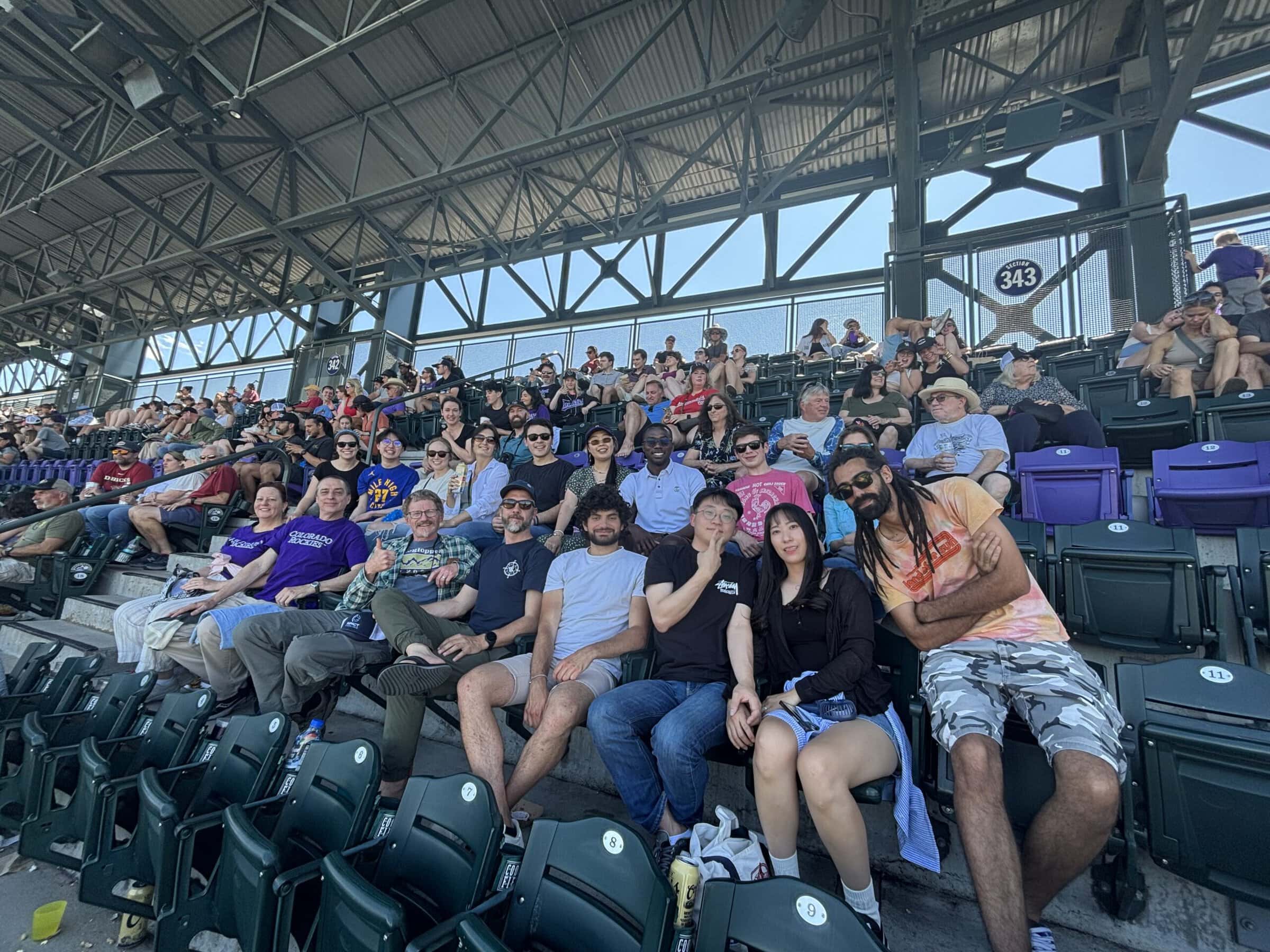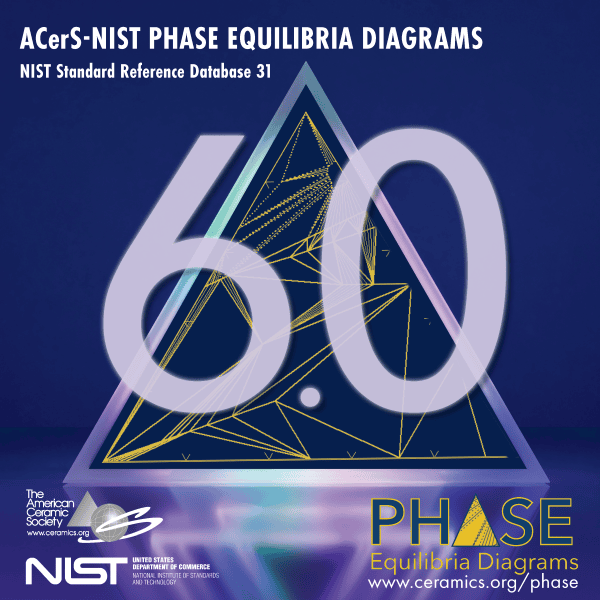
[Image above] Credit: Nicola Sap De Mitri; Flickr CC BY-SA 2.0
You dedicate months, if not years, performing research, with many a long day and even some long nights.
You record your work, write the manuscript, and get it approved by your adviser, supervisor, department head, funding agency, dean, or any combination of these people. You submit it for peer review, and—after months of emails, rewrites, and approvals—your article is published. Congratulations, this is a great accomplishment!
But what happens if no one reads your work? Or if nobody cites it? Was it for nothing? It depends on who you talk to. In this day and age of article indexing and information overload, the discoverability of your article is not in your hands. Or is it?
The short answer is yes—you have the power to establish your personal brand. You can make sure people are aware of your article and can get access to it. The first step is to tell people about your article. Post messages about your article, including linking the article on the publisher’s website to your personal web page and your favorite social media sites. Send emails to colleagues and collaborators announcing you have been published. Discuss the article at conferences and place the citation and link in your presentations. Spread the word as far and wide as you can.
Once you get the word out, there are legitimate ways to get articles to interested people while honoring the copyright agreement you signed.
These include:
- Providing user download via institutional or personal subscription to the journal
- Sending individual copies of the published article upon request
- Using the published article in your teaching
- Posting the submitted (but not accepted) article to your personal website and institution’s archival system at any time
- Posting the accepted article (not the final typeset version) to your personal website and institution’s archival system after the embargo system (typically a year after the official record date)
However, there are some things that aren’t allowed, such as posting the article in any form to external websites, particularly those of for-profit ventures.
What’s interesting is that the more your article is downloaded and cited, the higher it rises in indexing services, such as Google Scholar and Web of Science—and the more it raises your personal h-index. Success brings more success.
It’s never too late. Go out and tell the world about the great things you’ve accomplished. Then bask in the glory of downloads, citations, altmetrics, and more.
[Editor’s note: This post comes to us from Jonathon Foreman, ACerS managing editor of journals. Contact Foreman at jforeman@ceramics.org.]
Author
Jonathon Foreman
Spotlight Categories
- Journal and Bulletin Updates


